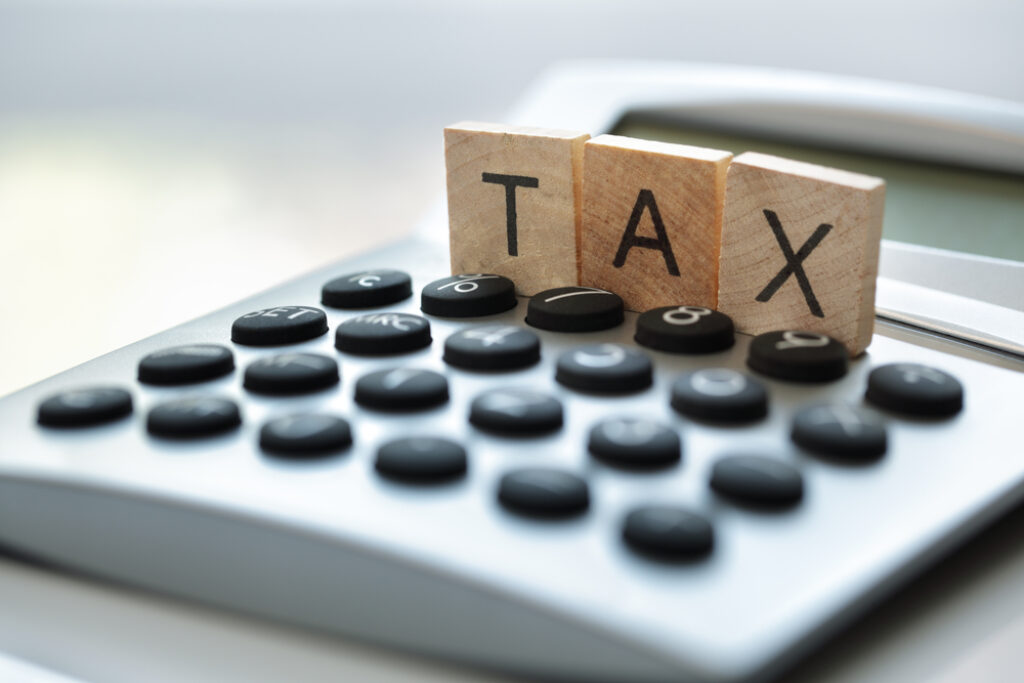Millions of UK workers will see a boost in take home pay today, according to the Government, as the cut to National Insurance is applied to January’s pay.
But frozen income tax bands and rising wages mean more people now pay income tax, and a greater number of workers are paying higher rates.
From 6 January, if you’re employed and a basic rate taxpayer, you now pay national insurance at a rate of 10% on earnings between £12,571 and £50,270, down from 12%.
This reduction will show in January payslips, with many people being paid today for the first time in 2024.
The Treasury said the National Insurance cut equates to a saving worth £450 for an average worker earning £35,400 a year.
Chancellor Jeremy Hunt said: “I never shied away from making the tough decisions needed yesterday to cut taxes today. This January pay boost for hard-working Brits is part of our plan to grow the economy and build a brighter future where hard work is always rewarded, relieving pressure on UK workers by putting around £450 back in their pockets.”
Fiscal drag means more people pay tax
However, despite the cut in National Insurance, many workers will not be feeling any richer.
As salaries increase, more people will have to start paying income tax, and a greater number will be dragged into higher tax bands – this is known as ‘fiscal drag’.
Income tax bands have been frozen since 2021 and will remain so until 2028. The tax-free personal allowance is currently £12,570. The basic rate of income tax is 20% and is paid on earnings between £12,571 and £50,270 when the 40% tax rate kicks in.
According to the Office for Budget Responsibility (OBR), freezing tax bands will create 3.2 million extra taxpayers by 2028, and 2.6 million more people will pay higher rates of tax.
According to the Institute for Fiscal Studies, by 2027-28 an employee earning £35,000 will be paying about £440 a year more in tax overall as a result of all the changes to income tax and National Insurance since 2021.
Related: How much will you save after National Insurance cuts?





